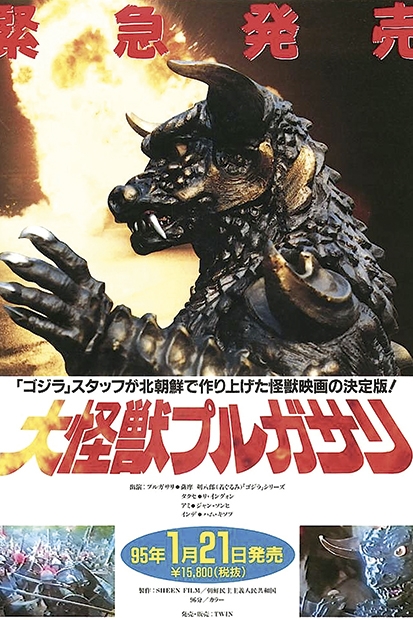Ahead of last year’s release of The Interview, the Seth Rogen film about two journalists instructed to assassinate Kim Jong-un, North Korea interpreted the film as ‘an act of war’. Sony Pictures were hacked by a group linked to North Korea and hundreds of humiliating titbits about spats between celebrities and Sony execs made public, most memorably the description of Angelina Jolie as ‘a minimally talented spoilt brat’. The film was first cancelled and then given a limited release. Kim Jong-un had the last laugh when the reviews came out, however. ‘About as funny as a communist food shortage, and just as protracted,’ said Variety.
What got lost in the backdrop to The Interview, though, was the significance of North Korea’s attitude towards cinema. Paul Fischer’s eye-opening and addictive book provides the missing context. North Korea has a history of being extremely, let’s say, proactive in its attitudes towards film-making. Here Fischer tells the story of how in the late 1970s Kim Jong-un’s father, Kim Jong-il, became so obsessed by the idea of making the perfect film that he ordered the two most talented stars in South Korean cinema to be kidnapped so that they could come and work for him.

Get Britain's best politics newsletters
Register to get The Spectator's insight and opinion straight to your inbox. You can then read two free articles each week.
Already a subscriber? Log in






Comments
Join the debate for just £1 a month
Be part of the conversation with other Spectator readers by getting your first three months for £3.
UNLOCK ACCESS Just £1 a monthAlready a subscriber? Log in